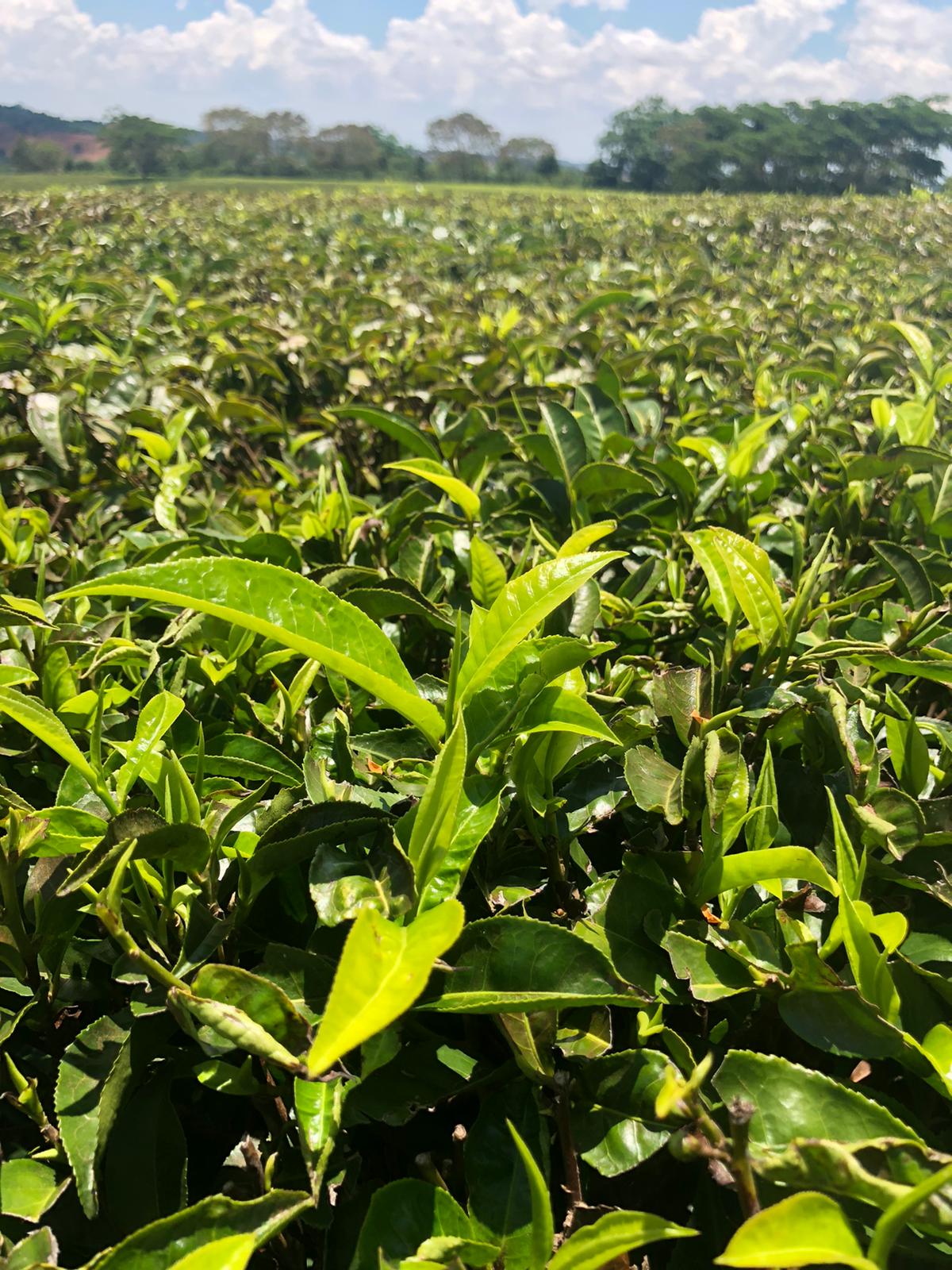Partner Farms
- Home
- Partner Farms
Satemwa Tea Estate

Jun Chiyabari Estate
High in the Nepali Himalayas lies the tiny but extraordinarily beautiful Jun Chiyabari Estate. At 1835 meters above sea level, the tea grows slowly but with intense flavours. This very special terroir produces uniquely rich, chocolate flavours. You can see Henrietta’s visit to the farm here. The garden is run by Bachan and Lochan, third-generation Nepali tea planters, whose grandfather came from Britain to plant tea. All the farming is organic, respecting and protecting the rich biodiversity of the land. The garden supports a small community of workers who have lived and worked on the land for many generations. The farm provides valuable jobs for women both in the garden and in the factory where meticulous hand crafting offers highly skilled work. Opportunities for further education here are sparse.
What do we do on partner farms?
We support individuals through education. They become local role models who can encourage their peers to develop skills and change their own lives and their community’s future.


